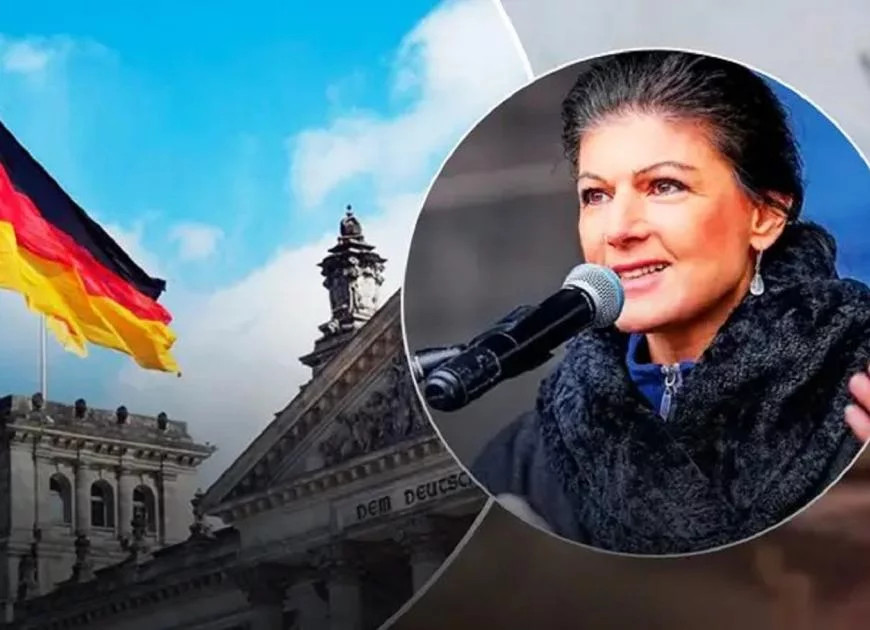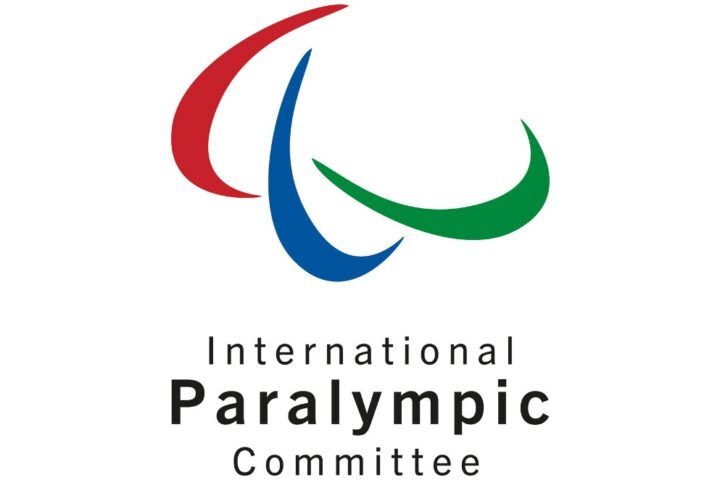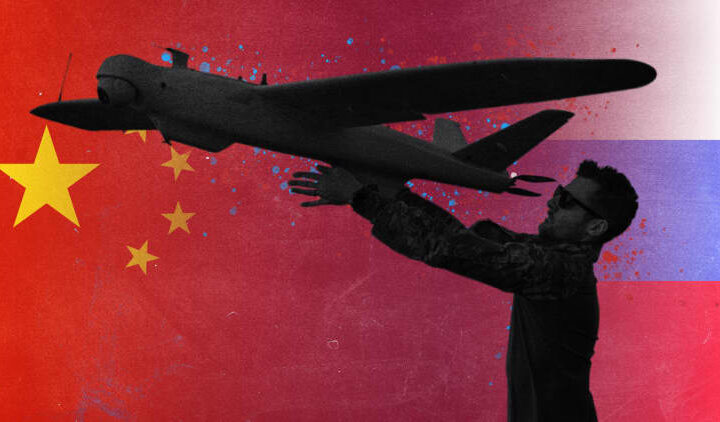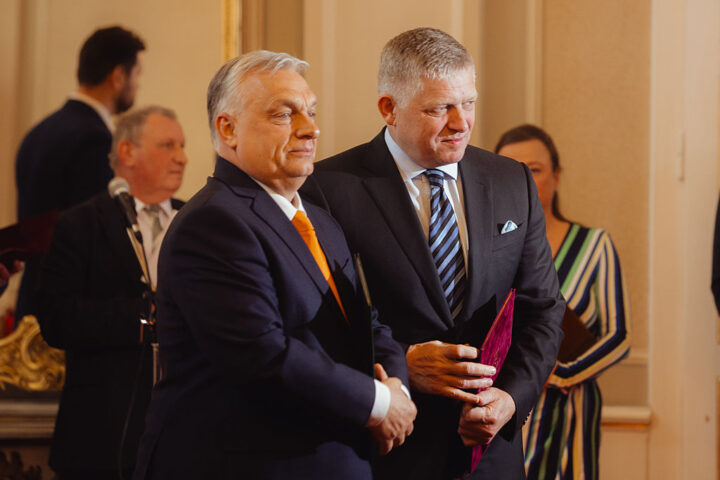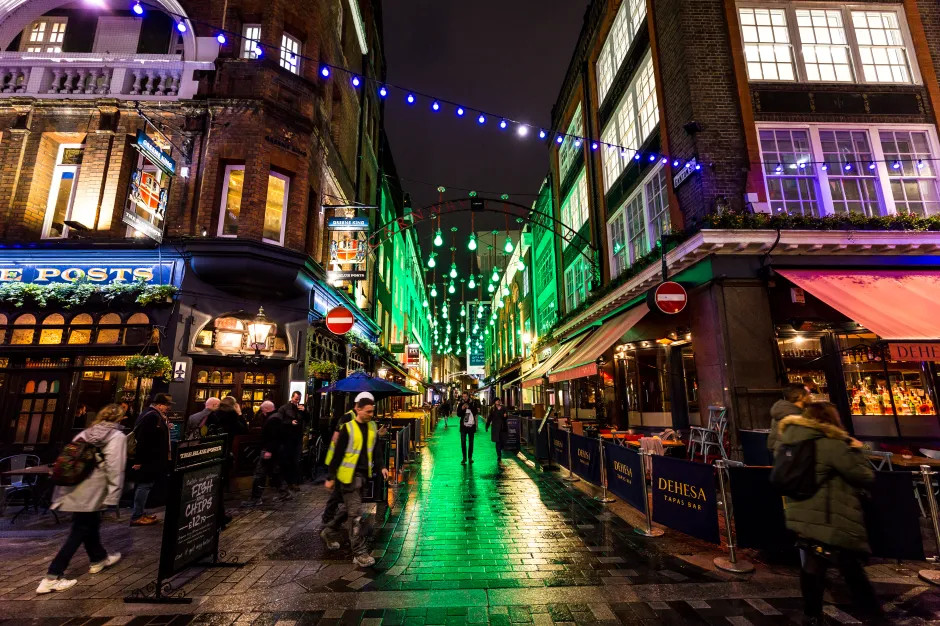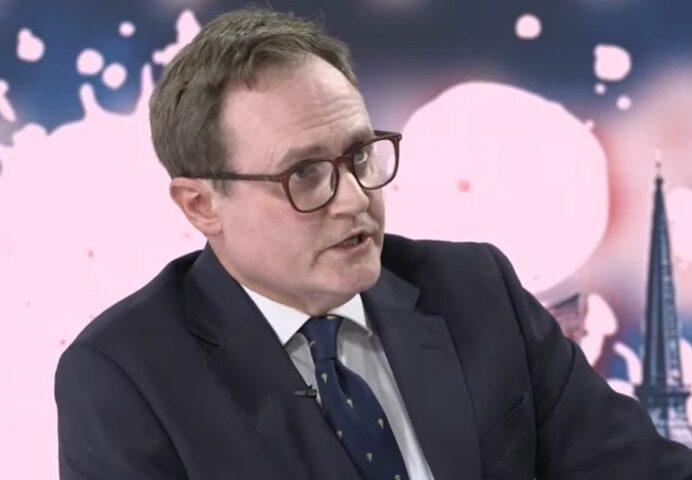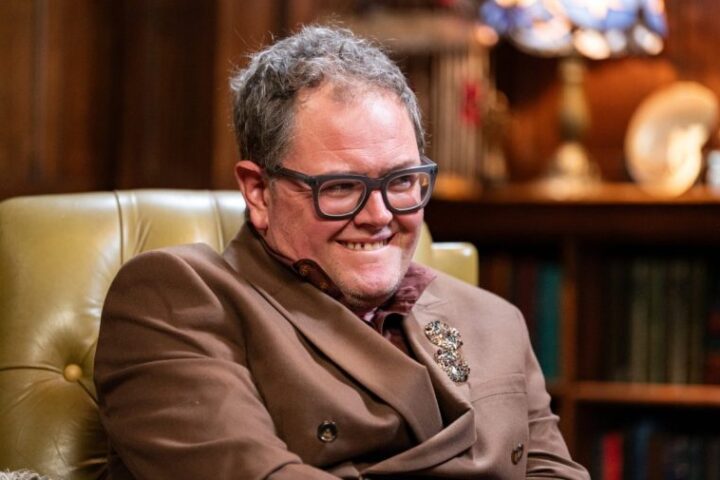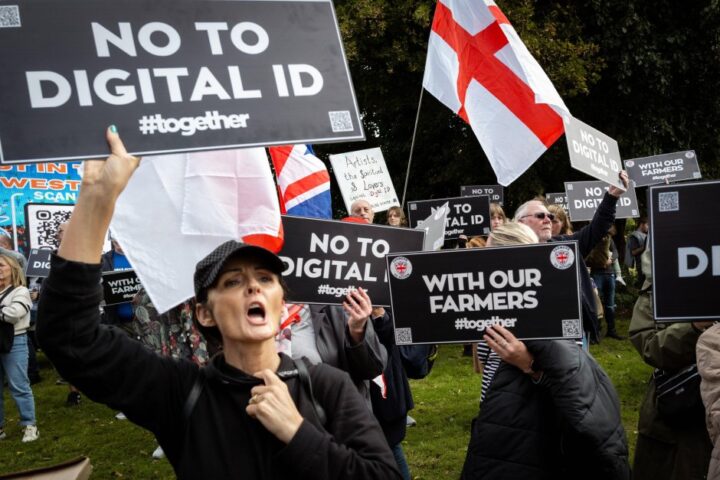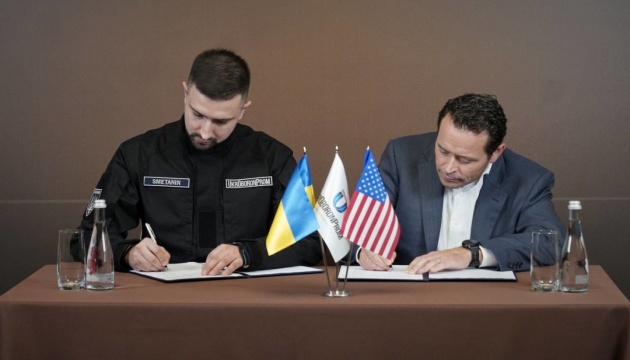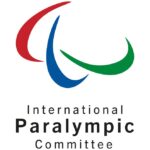Senior international officials are gathering in London aiming to chart a pathway to peace for Sudan on the second anniversary of its brutal civil conflict, but without the presence of the warring parties.
Dubbed the “forgotten war”, the conflict which erupted on 15 April 2023 between Sudan’s regular army and the paramilitary Rapid Support Forces (RSF) in a bitter power struggle between rival generals has created what the United Nations describes as the world’s worst hunger and displacement crises.
There are also increasing fears that the tensions will spill over Sudan’s borders and stir further instability in the impoverished Horn of Africa region.
“This conference will bring together the international community to agree a pathway to end the suffering,” said the UK’s foreign minister David Lammy, who is expected to host counterparts and high-level representatives.
“Instability must not spread – it drives migration from Sudan and the wider region, and a safe and stable Sudan is vital for our national security.”
More than 13 million people have been uprooted and tens of thousands killed, with both sides accused by the United States of committing atrocities.
The war has “shattered the lives of millions of children across Sudan,” said Catherine Russell, executive director of UNICEF, which estimated that 2,776 children had been killed or maimed in 2023 and 2024 – up from 150 verified cases in 2022 and still likely an underestimate.

A UN-backed assessment has declared famine is now blighting parts of the country.
Britain’s foreign ministry said more than 30 million people were in desperate need, and 12 million women and girls were in danger of gender-based violence.
Germany and France as well as the European Union and the 55-member African Union are co-hosting the conference with the British government in London.
Ministers from some 14 other countries including Saudi Arabia and the United States are also due to attend, the Foreign Office said, along with high-level representatives from the United Nations.
But Sudan’s government has protested that it was not invited to participate.
Its Foreign Minister Ali Youssef sent a letter earlier this month to Mr Lammy “in which he protested the organisation by his country of a conference on Sudan without inviting the Sudanese government”.
Mr Youssef accused Britain of putting the paramilitary RSF on an equal footing with the Sudanese state.
But the German foreign ministry said both the Sudanese army and the RSF militia were unwilling to come to the table.
German Foreign Minister Annalena Baerbock called the ongoing conflict “the greatest humanitarian catastrophe of our time”, adding that Berlin would provide €125 million in humanitarian aid.
French Foreign Minister Jean-Noel Barrot pledged €50m in aid, underlining the aims of the conference to mobilise the international community and urge warring parties to agree to a ceasefire.
The head of the International Committee of the Red Cross said two years of “a ruinous war” in Sudan had left civilians “trapped in a relentless nightmare of death and destruction”.
Mirjana Spoljaric urged all parties to uphold commitments already made in previous talks and “take concrete steps” to protect civilians.

The conflict pits the regular army of Sudan’s de facto leader Abdel Fattah al-Burhan against the RSF led by his former deputy Mohamed Hamdan Daglo.
It was triggered when relations between them soured following a 2021 coup that ousted the transitional government put in place after the 2019 overthrow of longtime leader Omar al-Bashir.
The RSF are rooted in Darfur and control much of its territory, as well as parts of Sudan’s south.
The army reclaimed the capital Khartoum last month, and holds sway in the east and north, leaving Africa’s third-largest country essentially divided in two.
“Achieving peace in Sudan depends on valuing every voice and everyone playing a role in building a prosperous Sudan,” said the African Union’s commissioner for political affairs, Bankole Adeoye.
UN Secretary-General Antonio Guterres said yesterday that he was worried that weapons and fighters keep flowing into Sudan.
“The external support and flow of weapons must end,” Mr Guterres said without blaming any specific country in a statement issued a day before the third anniversary of the start of the war.
“Those with greatest influence on the parties must use it to better the lives of people in Sudan – not to perpetuate this disaster,” said Mr Guterres.

Sudan has accused the United Arab Emirates of supporting the paramilitary forces with arms shipments. Those fighters, and the Gulf state, deny the charges.
In early 2024 UN experts assigned with overseeing sanctions against Sudan reported arms embargo violations, saying there was a supply route running from Abu Dhabi to Darfur in western Sudan, via Chad.
But in their last report early this year the experts said they could not confirm actual transfers of military material along this route from Chad to Darfur.
They said, however, that weapons had come in from Libya but could not identify who sent them.
The UN experts also said fighters had been recruited in neighbouring countries like Chad, Libya and the Central African Republic and sent to South Sudan.

